According to nutritionist Nguyen Thi Thu Huyen, Tam Anh General Hospital Hanoi, food contamination is one of the leading causes of gastrointestinal diseases and food poisoning.
Many families have the habit of preserving food in the refrigerator to extend its shelf life, but doing so incorrectly will increase the risk of bacterial contamination.
Not cleaning food before putting it in the refrigerator
Unwashed fresh vegetables, fruits, and meat and fish contain many harmful bacteria such as e.coli which causes urinary tract infections, severe diarrhea, and blood infections; listeria, clostridium, and salmonella bacteria which cause stomach and headache, vomiting, nausea, diarrhea, and fever.
To avoid cross-contamination of bacteria with other foods, before putting food in the refrigerator, families need to wash it, put it in a bag or a specialized food container. Food should be dried, because residual moisture (especially in vegetables) is a suitable environment for bacteria and mold to grow.
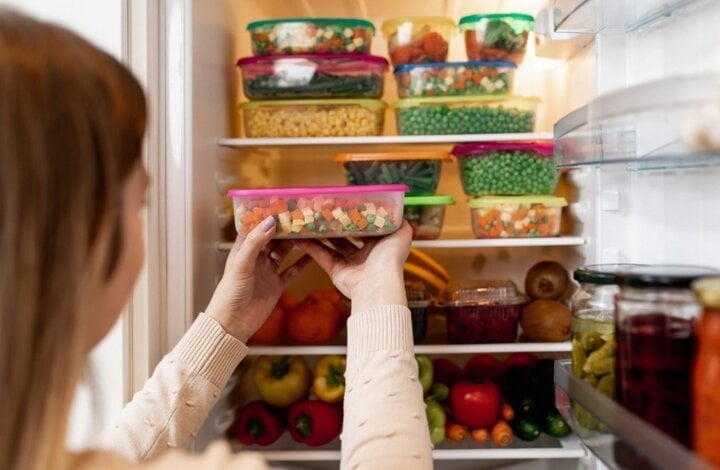
Not cleaning food before putting it in the refrigerator can easily cause bacteria to grow, increasing the risk of intestinal diseases. (Illustration photo)
Improper food arrangement
The most common mistake is to leave eggs and milk in the refrigerator door. Opening and closing the door causes the temperature in the door to change frequently, which is not suitable for preserving these two foods.
Refrigerator doors are only suitable for foods that have a long shelf life and can withstand temperature fluctuations such as spices and dry goods.
Mixing raw and cooked foods also increases the risk of food poisoning. Bacteria from raw meat, fish and vegetables can easily contaminate cooked foods.
Families should classify foods such as raw meat, unprocessed vegetables, and cooked foods into separate, fixed compartments. Raw meat, fresh seafood, and eggs should be placed in the coldest compartments to keep food fresh longer. Regularly check the refrigerator to remove expired foods to avoid bacterial contamination.
Do not cover leftover food
Food that is not wrapped or covered can easily contaminate other foods. Wrap food in airtight packaging or food storage containers before placing it in the refrigerator to prevent bacteria from entering, retain moisture, and prevent food from absorbing odors from other foods in the refrigerator.
Improper overnight food storage
Storing food in the refrigerator for too long can cause food safety problems. Some foods such as vegetables and mushrooms should not be stored overnight because of the high nitrite content. Adults can absorb nitrite levels of 0.01 mg/l, which can be toxic; long-term consumption can lead to cancer.
Salads that are not processed through heat can easily contain bacteria or parasites. They continue to grow and multiply when left for a long time, even in the refrigerator.
Wait for the food to cool completely before putting it in the refrigerator.
After processing, food cools down from 100 degrees Celsius. When the food temperature drops to 60 degrees Celsius, bacteria begin to grow. At 30-40 degrees Celsius, bacteria multiply rapidly. If not preserved promptly, food can easily spoil and contain many harmful bacteria.
Adults should put food at 70-80 degrees Celsius in the refrigerator, cover it with plastic wrap or a storage box to prevent bacteria from entering.
Use plastic bags to preserve food
Plastic bags are convenient but can contain many toxic substances such as dyes that can cause cancer. These bags also contain many bacteria that can be harmful to health.
Families should use bags specifically for food or glass or plastic containers with specialized lids.
Refreeze after thawing
Refreezing food allows remaining bacteria to thrive. Families should divide food into appropriate portions and use it all after thawing.
In case of accidental thawing, the remaining portion should be placed in a sealed food container, set aside in a separate area and used as soon as possible. Food that has been completely thawed, then reheated to room temperature or left out of the refrigerator for more than two hours should not be used.
Foods thawed and frozen multiple times can lose texture, flavor, appearance and quality, reducing their taste.
Not cleaning the refrigerator regularly
After a period of use, food produces a large amount of bacteria in the refrigerator, causing odors and the risk of causing digestive diseases.
Families should clean the refrigerator at least once a month or more, remove spoiled food, and thoroughly wipe each drawer and corner. Cleaning food stains in the refrigerator immediately not only reduces the growth of listeria bacteria but also helps prevent cross-contamination of bacteria from one food to another.
Nutritionists say that digestive infections rarely affect adults, but there is a risk of serious complications in people with weak immune systems such as children and the elderly.
If not treated promptly, gastrointestinal infections can lead to many problems such as irritable bowel syndrome, intestinal bleeding causing severe infection, inflammatory bowel disease, ulcerative colitis, and chronic gastritis.
Patients should see a doctor if they experience symptoms of foodborne illness such as loss of appetite, headache, nausea, and diarrhea. These symptoms usually begin within 24 hours of eating contaminated food, but can sometimes appear several days or weeks later, depending on the type of bacteria causing the illness.
Source: https://vtcnews.vn/8-sai-lam-khi-bao-quan-thuc-pham-trong-tu-lanh-ar872951.html




![[Photo] Overcoming all difficulties, speeding up construction progress of Hoa Binh Hydropower Plant Expansion Project](https://vstatic.vietnam.vn/vietnam/resource/IMAGE/2025/4/12/bff04b551e98484c84d74c8faa3526e0)


![[Photo] Closing of the 11th Conference of the 13th Central Committee of the Communist Party of Vietnam](https://vstatic.vietnam.vn/vietnam/resource/IMAGE/2025/4/12/114b57fe6e9b4814a5ddfacf6dfe5b7f)


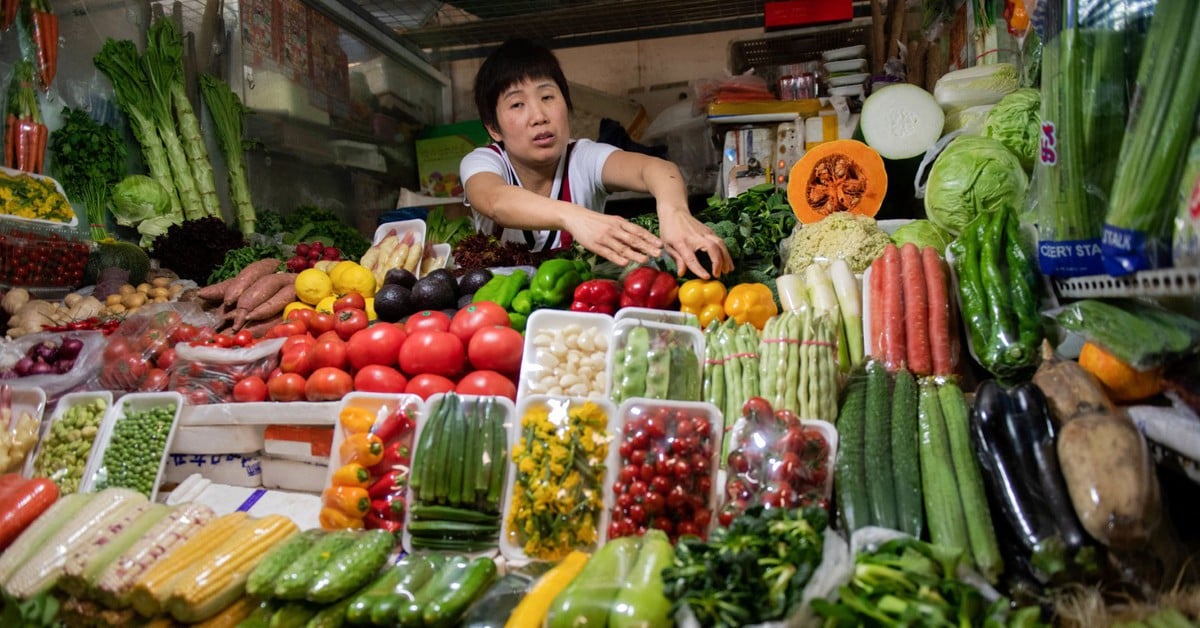
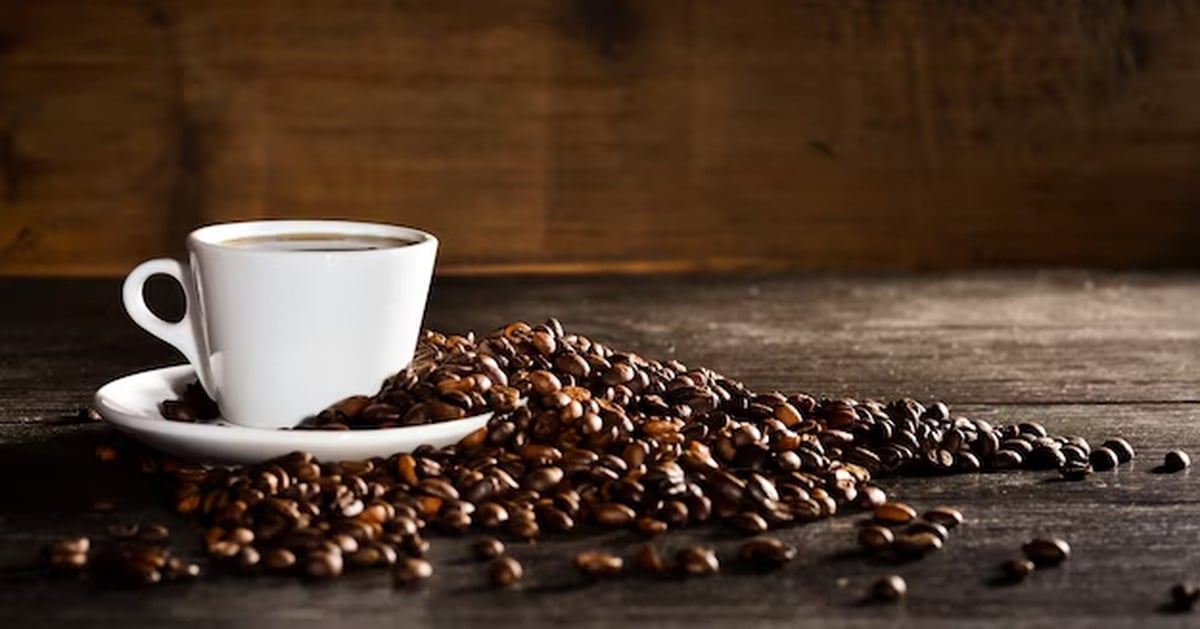
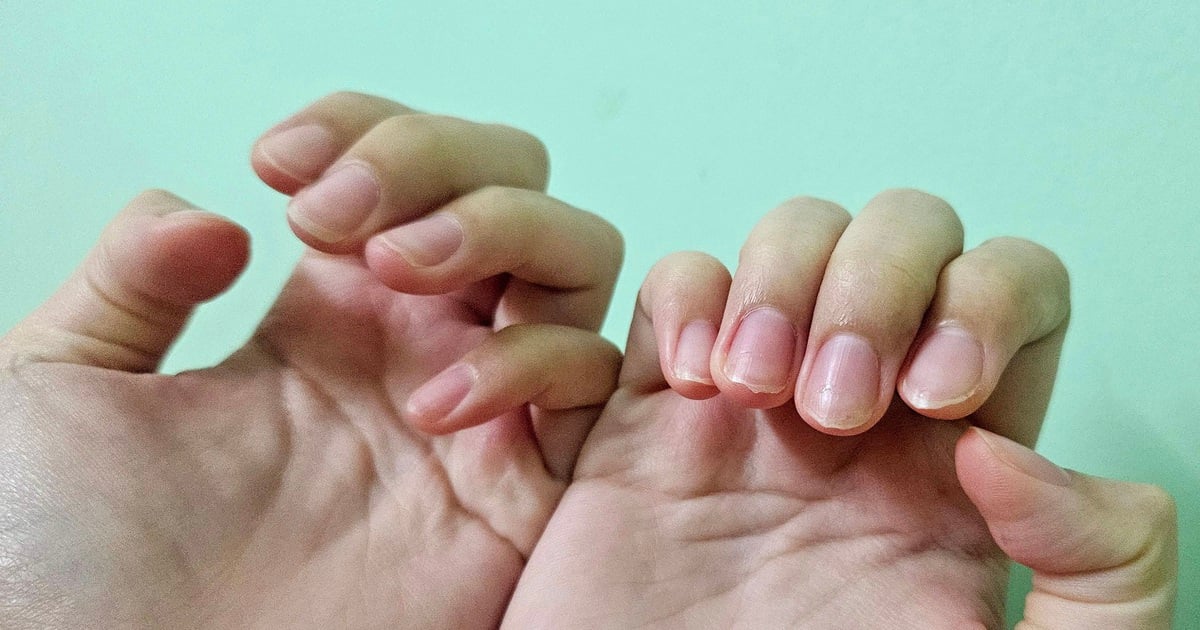



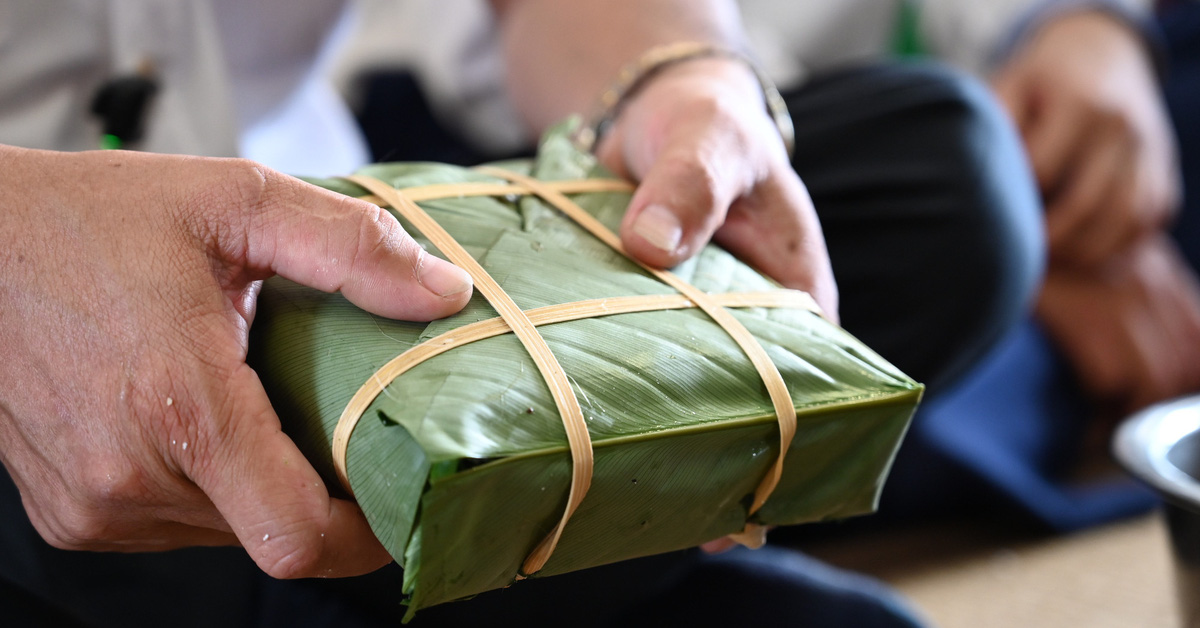

![[Video] First time in Vietnam: Successful implantation of 3rd generation partial artificial heart](https://vstatic.vietnam.vn/vietnam/resource/IMAGE/2025/4/12/8817412224094c68ba2c744b7bd5cfea)
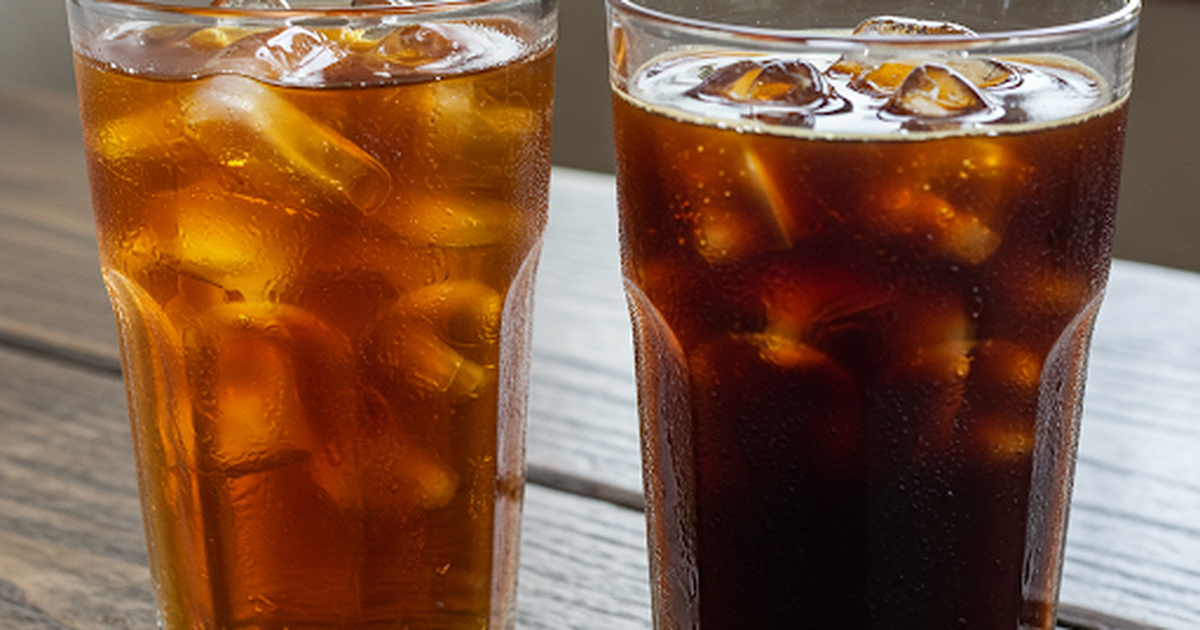










































































Comment (0)